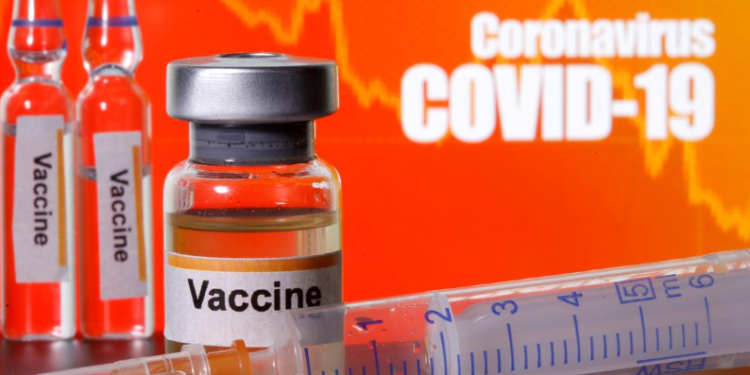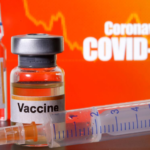The U.S Food and Drug Administration (FDA) has given emergency approval to a coronavirus vaccine developed by Pfizer and BioNTech, the first Covid-19 vaccine to be approved in the U.S.
The FDA commissioner, Dr. Stephen Hahn, confirmed the news in a statement on Friday night.
“The FDA’s authorization for emergency use of the first Covid-19 vaccine is a significant milestone in battling this devastating pandemic that has affected so many families in the United States and around the world,” Hahn said.
Globally, more than 71 million Covid-19 cases have been reported with over 1.5million deaths reported. The pandemic has claimed more than 295,000 American lives with over 15.8 million infected according to John Hopkins data.
On Wednesday, the US recorded more than 3,000 deaths – the highest total in a single day anywhere in the world.
Read: AIICO Insurance Plc revises down bonus share issue, shifts qualification dates forward
The US follows other countries, including the UK, Canada, Bahrain, Saudi Arabia, and Mexico, which have also authorized the Pfizer/BioNTech vaccine for broader public use.
“Following yesterday’s positive advisory committee meeting outcome regarding the Pfizer-BioNTech Covid-19 vaccine, the US Food and Drug Administration has informed the sponsor that it will rapidly work toward finalisation and issuance of an emergency use authorisation,” the FDA statement said.
“The agency has also notified the US Centers for Disease Control and Prevention and Operation Warp Speed [the federal government’s vaccine distribution programme], so they can execute their plans for timely vaccine distribution.”
President Donald Trump praised the vaccine as “one of the greatest scientific accomplishments in history”, In a video posted to Twitter on Friday night, and said the first dose would be administered in less than 24 hours.
“While not an FDA approval, today’s emergency use authorization of the Pfizer-BioNTech Covid-19 vaccine holds the promise to alter the course of this pandemic in the United States,” said Peter Marks, the director of the FDA’s Center for Biologics Evaluation and Research, in a statement.
“With science guiding our decision-making, the available safety and effectiveness data support the authorization of the Pfizer-BioNTech Covid-19 vaccine because the vaccine’s known and potential benefits clearly outweigh its known and potential risks.”
The FDA authorized the vaccine, called BNT162b2, after a trial involving more than 43,000 people found it was effective at preventing the coronavirus 95% of the time. The vaccine uses innovative messenger RNA technology to introduce the body to the spike protein on the surface of the coronavirus. Results of the trial were published in the New England Journal of Medicine on Thursday.
Scientists are still studying how long the immune response provoked by the vaccine will last, called the “duration” of immunity, the rate of asymptomatic disease among people who receive the vaccine, and whether the vaccine can prevent transmission of Covid-19. The vaccine will be authorized for people aged 16 years and older in the US. Pfizer is continuing to study the vaccine in children aged 12-15.
States will receive an initial allotment of 2.9m doses, sent directly from Pfizer within days of authorization. Those doses will be distributed among healthcare workers and long-term care residents, who were deemed the highest priority for vaccination by the US Centers for Disease Control and Prevention (CDC).
Pfizer will then send out a second 2.9m dose allotment weeks later, for the same people to receive a booster shot, necessary to achieve the vaccine’s 95% efficacy. The administration is aiming to vaccinate 20 million health workers and residents of long-term care homes before the end of the year.
Initial supplies of the vaccine will be extremely constrained, with some experts predicting the vaccine will not reach lower-risk adults until mid- to late 2021.
Experts believe the US will need to vaccinate upwards of 80% of all adults to reach “herd immunity”. That is an exceptionally high level of vaccination that has never been reached by, for example, a seasonal flu campaign.
An FDA advisory panel will hear evidence on a second vaccine next week, this one developed by Moderna and the National Institute of Allergy and Infectious Diseases and called mRNA-1273.
The Trump administration issue another indication of support for the Moderna vaccine on Friday evening, when it announced the government had purchased an additional 100m doses. That brings the total doses purchased to 200m, and will allow for “continuous delivery” of vaccine through June 2021.
By: Ifunanya Ikueze






















































